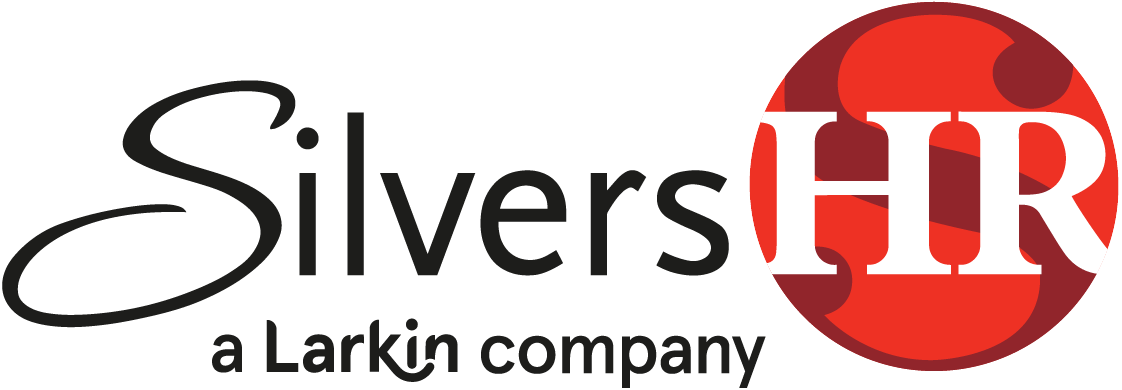By Laurie Nooren, PHR, PHRca, SHRM-CP
In early July, Governor Newsom signed into law a bill (SB188), making it clear that California’s Fair Employment and Housing Act (FEHA) and Education Code protect individuals with race traits, such as hair texture and hair styles. The new law specifically calls out protection for Blacks[1] against race discrimination for “protective” hairstyles historically associated with the Black culture. This includes afros, braids, locks and twists. The new law takes effect January 1, 2020. The legislature states:
Professionalism was, and still is, closely linked to European features and mannerisms, which entails that those who do not naturally fall into Eurocentric norms must alter their appearances, sometimes drastically and permanently, in order to be deemed professional.
Workplace dress code and grooming policies that prohibit natural hair, including afros, braids, twists and locks, have a disparate impact on Black individuals as these policies are more likely to deter Black applicants and burden or punish Black employees than any other group.
Acting in accordance with the constitutional values of fairness, equity, and opportunity for all, the Legislature recognizes that continuing to enforce a Eurocentric image of professionalism through purportedly race-neutral grooming policies that disparately impact Black individuals and exclude them from some workplaces is in direct opposition to equity and opportunity for all.
So what are employers to do?
- Do not take adverse action against an applicant or employee based on a racial hairstyle. This could subject you to liability for race discrimination under FEHA.
- Eliminate any references to racially-associated hairstyles in handbooks, dress codes, applications, and the like.
- Train Managers and HR personnel accordingly.
- Address unique concerns or situations presented in the workplace environment regarding this topic on a case-by-case basis. Call us or your legal counsel if this occurs.
Does this mean employers have to hire someone who has pink hair, a mohawk, or a Caucasian who sports dreadlocks? No. Currently the law only speaks to Blacks and the natural hairstyles mentioned above.
[1] We would normally refer to this race as African American, but the law specifically uses the term “Black” so we have too.
